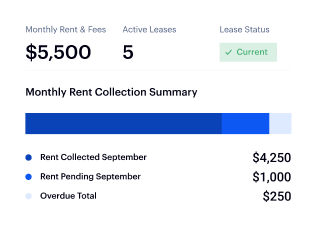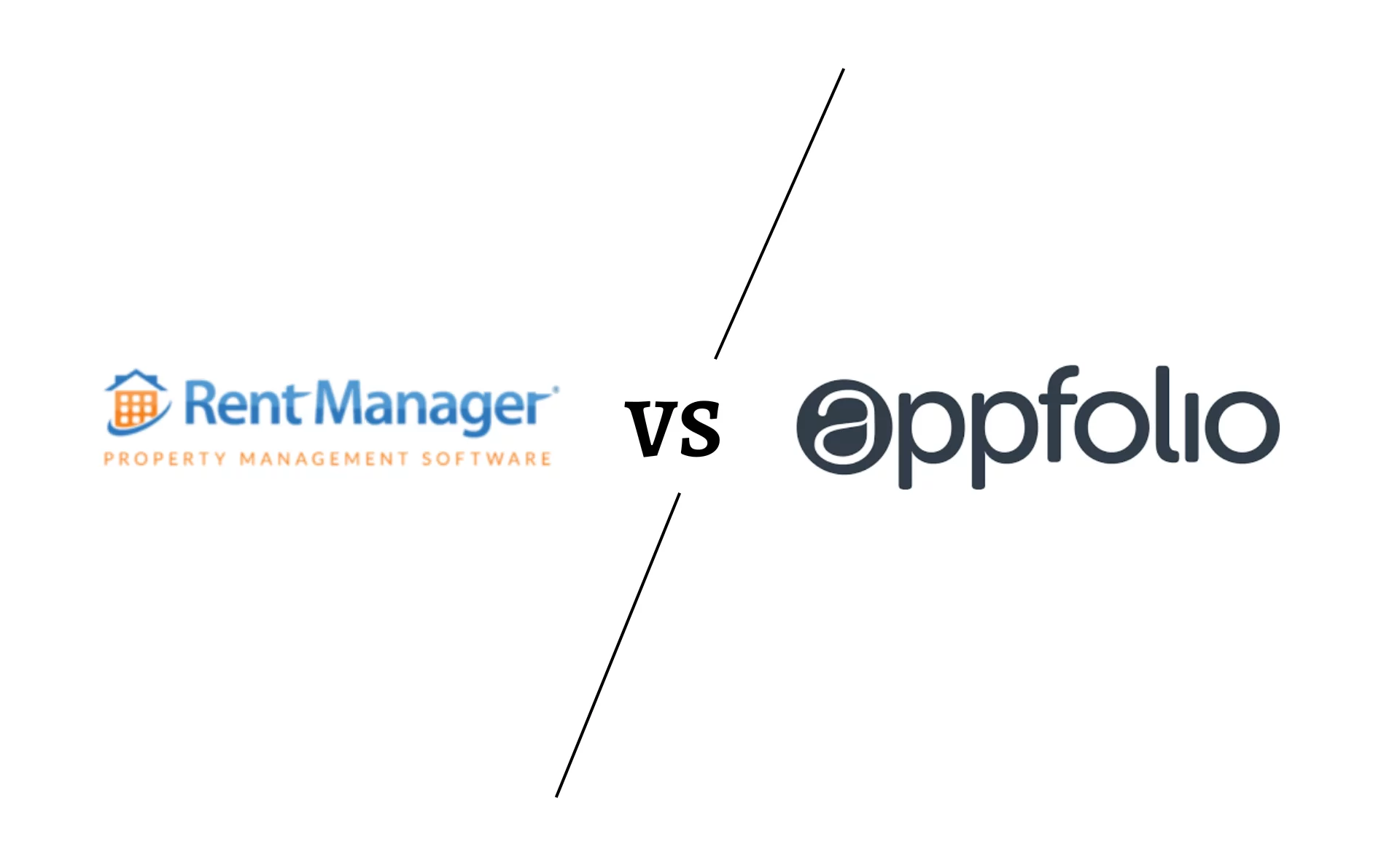Sometimes, tenants don’t work out the way you thought they would. Whether they’ve fallen behind on rent, collected too many noise complaints, or done something else to violate the lease, they’ve got to go. Let’s look at what landlords need to know about eviction in 2024.
What is Eviction?
Eviction is the legal process of terminating a lease and removing a tenant from your property. Suppose your tenant refuses to leave after you obtain an eviction order from the court. In that case, you can apply to your local sheriff’s office to have the tenant physically removed from the property.
Most commonly, landlords choose to evict tenants for falling behind on rent, but there are myriad reasons you may choose to evict a tenant. You might want to evict a tenant, so you can use the property yourself or perform major renovations requiring the rental unit or room to be vacant.
In many states, you can also evict a tenant at the end of their lease by refusing to renew it. While eviction is sometimes unavoidable, knowing how to screen tenants thoroughly before move-in can help reduce the risk of needing to go through this costly process.
How Does Eviction Work?
The exact eviction process varies by state and county but typically requires giving your tenant notice, taking the tenant to court, and obtaining an eviction order. If necessary, the final step is to ask the sheriff to step in to enforce the eviction.
Give notice
If you’re evicting a tenant for nonpayment of rent, the process typically starts with a demand to “pay rent or quit.” This demand is given as a formal letter informing the tenant to either pay what they owe or move out within a certain time frame. If you’re simply not renewing the lease, you can just give them notice in accordance with local regulations.
File an action in court
If your tenant doesn’t meet your requirements after you give them notice, the next step is to ask the court for help. This petition, called an “unlawful detainer,” begins the process of gaining a court order to evict your tenant. You need to complete some forms, pay a fee, and provide evidence that you’ve followed the procedure properly.
Attend a court hearing and obtain a judgment
If the court accepts your case, you will be required to attend one or more hearings to argue your case. If you win, the judge will issue a “writ of possession,” giving you legal possession of the property and requiring the tenant to vacate within a specified time frame. The judgment may also include financial restitution for unpaid rent.
Deal with appeals
After getting a judgment in court, the eviction still isn’t a done deal. Your tenant can still appeal the decision or ask the court for more time. You will need to respond to these requests and allow the tenant to stay until everything is resolved.
Ask the sheriff’s office to enforce the eviction
After everything is said and done in court, you can apply to the sheriff’s office to carry out the eviction. The Sheriff will give the tenants notice and return after the notice period to ensure the tenant has returned the property to you.
If you believe the tenant will comply with the judgment, you don’t need to involve the sheriff. However, many landlords do so anyway as a precaution because of the time it takes the sheriff to carry out the eviction.
Watch your step
Throughout the process, your tenant will have the opportunity to respond and plead their case. It’s important to ensure you’re following the procedures closely and doing everything “by the book.” A single misstep on your part could force you to start the process over.
The eviction process can take anywhere from a few weeks to several months, so it’s a good idea to perform each step as early as permitted.
What is an Eviction Moratorium? When Does It End?
During the Covid-19 pandemic, the federal government and many states placed a moratorium on evictions. While in place, the moratoriums prevented landlords from evicting tenants for nonpayment of rent, as well as in other specified circumstances.
What are Common Reasons for Eviction?
Falling behind on the rent is one of many reasons for evicting a tenant. Other reasons include:
Breaking the lease: Examples include common nuisance (like noise complaints), causing damage to the property, or keeping pets where prohibited.
Illegal activity: You can evict your tenant for conducting illegal activity on your property (like manufacturing or selling drugs) or committing certain felonies in any location (like armed robbery or arson).
Nonrenewal of the lease: You may choose not to renew a lease at the end of the term as long as you give sufficient notice.
Are There Cases Where Landlords are Not Allowed to Evict Problem Tenants?
You may not be able to evict a tenant, even if they’re causing problems.
Under the Servicemembers Civil Relief Act, military members are sometimes protected from eviction. A court may block eviction for three months if your tenant can show that they couldn’t pay rent due to their service.
Under the Fair Housing Act, it’s illegal to discriminate against tenants because of their race, religion, disability, and other protected traits. For example, you can’t evict someone for keeping a service animal even if you have a “no pets” clause in the lease.
In states and cities where rent controls apply, you can’t evict a tenant at the end of their lease to raise the rent above the maximum increase.
You also can’t evict a tenant in retaliation for doing something within their rights, like demanding an expensive repair be made or filing a complaint to the health board.
Bottom line
Evicting a tenant is a difficult but often necessary process. Expedite the process and increase your chances of success by following the rules carefully and completing each step at your earliest opportunity.

FAQs
According to Princeton University’s Eviction Lab, an average of 3.6-million eviction cases are filed each year, resulting in an average of 1.5-million eviction judgments.
To help avoid evictions, know what questions to ask prospective tenants, how to run credit check on renters, and follow a thorough screening process before signing a lease.
As of July 2022, there are no remaining federal or state-level protections for tenants due to Covid-19. If a tenant is behind on rent, you can demand payment and file for eviction according to local laws.
According to evictionlab.org, Houston, TX, currently leads the country in eviction filings, followed by Fort Worth and Dallas, respectively. Using data from 2016, the site shows North Charleston, SC, as having the highest eviction rate among large cities.







